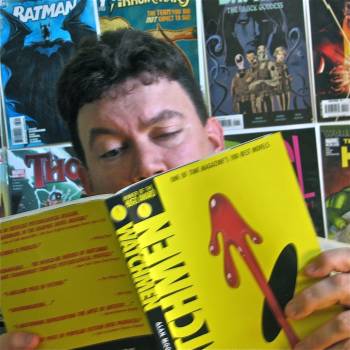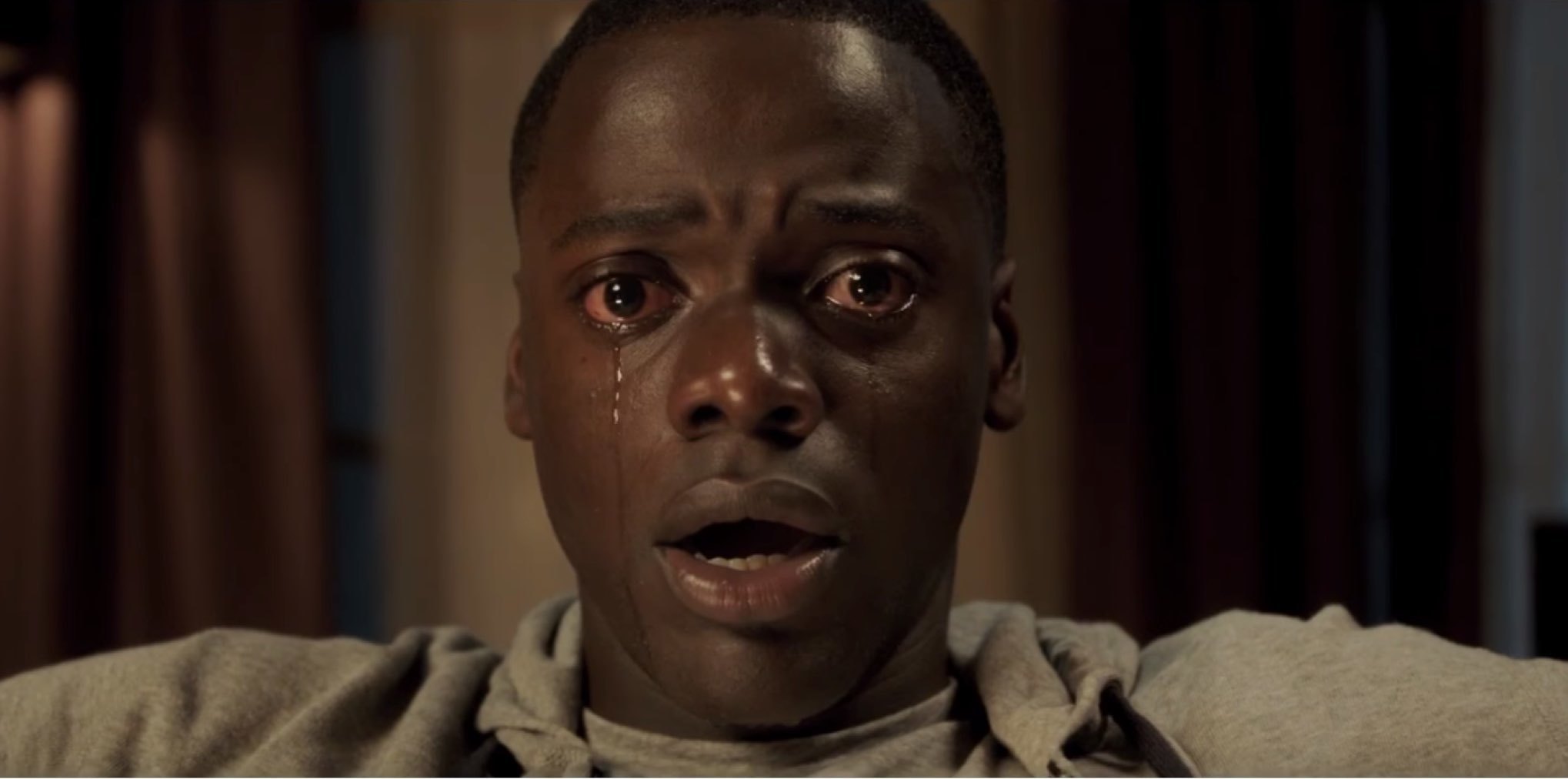About eight months ago, I was riding in a car with a friend. Jason, we’ll call him. Jason is not a close friend. We see each other a couple of times a year, on Facebook occasionally, but we do not converse regularly. Jason is Black. After exchanging the normal pleasantries, I took the conversation to what felt like an appropriate direction. I asked him if he’d seen Straight Outta Compton.
Yeah. I did that.
Jason is a good guy. Turns out he had indeed seen Straight Outta Compton, and we had a robust conversation about it. But for the last eight months, the fact that I asked him that question has bothered me. Why didn’t I ask him if he had seen Sing Street? Or Neighbors 2? Instead, I asked my Black friend if he’d seen the NWA biopic, and regaled him in conversation about Gangsta rap and its influences on modern music, neither of which hold any interest for me. I just subconsciously assumed it probably did for him. It felt like a natural question at the time. Ever since, I’ve felt kinda stupid for being so shallow.
Then, along comes Jordan Peele’s debut film, Get Out.
Racism is the central theme which drives Get Out, but I’m not convinced its purpose is to educate White people as much as it is Peele giving a wink and a nod to Black people, not in a tongue-in-cheek way, but in an “I get it” way. In a “this is for you” sort of way. There are so many layers and metaphors in Get Out, we could have hours of conversation and never cover all of them. I’m not sure we’re supposed to. It would be insulting to Black people to even feign comprehension regarding their plight in America today. Many of the narrative nuance in Get Out likely won’t even register with White people, because it simply can’t. “I understand where you’re coming from”, proclaim many well intentioned White folk. No. No, you don’t.
Now, I’m not talking about Neo-Nazi, hang ’em from the trees, Jim Crow style racism here. Not at all. Get Out isn’t that forthcoming and isn’t going to make it that simple for you. I’m talking about the White, “liberal racism” that permeates society; a construct by mostly young, well intentioned, social justice warriors that jump up on soap boxes to renounce racism, and to profess that they will champion our Black friends against the evil racist scourge. Then they drop their bullhorns (or log off Twitter), jump into their Prius’ and drive back home to their suburban abodes where most Black folks don’t bother going, because they live with an inherent fear that doing so will just result in having the police called on them, or worse. Because being White still comes with its priveledges. And Get Out, if nothing else, wants you to at least understand that much.
Most White people won’t see beyond the standard genre tropes, label Get Out a cool thriller, and never grasp the impact the film may be having on the Black people sitting right next to them. On screen, they’ll see an innocent Black man get asked for his identification by a police officer for no discernible reason. It’s familiar, and it angers us because we know its supposed to. And they will laugh at the ignorant old White people in the film that make statements like, “I know Tiger Woods” and “I would have voted for Obama a third time if I could have.” That’s where I got it. That’s when I understood what Peele was doing here. There is no difference in those dumb statements than in me asking Jason if he’d seen Straight Outta Compton. That’s when I finally understood that no matter how much outrage I felt over the horrors of racism plastered all over my television screen, I could never truly understand the impact, because it was not my reality.
As a filmmaker, Peele is sure-handed and confident in his vision. Many of the requisite genre tropes are subverted in favor of scenes of social awkwardness. A few jump scares are sprinkled in, but the true “horror” lies mostly within the subtext and has no inclination to coerce reactionary gasps and screams from the audience. That doesn’t imply there aren’t plenty of payoffs to enjoy, especially in the climactic moments. Just don’t go in looking for a white knuckle experience.
Daniel Kaluuya plays Chris, the protagonist, with a cautious skepticism that gets progressively more intense as he realizes things at his girlfriend’s parent’s home are not as inviting as they might have seemed. His eyes widen fearfully with each passing frame. Allison Williams is Rose, the girlfriend that insists their trip to introduce Chris to her parents will be a good time, because they “aren’t racist.” I won’t give away any of the twists and turns that drive the narrative once Chris and Rose arrive at the family home…in the middle of nowhere…where there are no issues with privacy. Read into that what you will.
I feel like Get Out may be a catalyst for a new generation of self awareness. No film in recent memory stands out as more of a barometer for the current racial divide that continues to fester in this country. And Peele gets away with it by disguising it as a horror film. It’s an interpretive, cinematic dance, subtly unveiling the Black experience in our society, peeling back deeper revelations as it progresses, and leaves us with plenty to chew on. White people are being schooled, never having known they’ve even stepped inside a classroom.
 STEVE CLIFTON has been writing moderately well on the Internet at this blog, Popcorn Confessional, for the better part of the last decade. His love for movies can be traced back to the North Park Cinema in Buffalo, NY circa 1972, when his aunt took him to see Dumbo. Now living in Maine, Steve routinely consumes as much film, television, and books as time will allow. He also finds time to complain about winter and Buffalo sports teams. He is a big fan of bad horror films and guacamole, and mildly amused by pandas.
STEVE CLIFTON has been writing moderately well on the Internet at this blog, Popcorn Confessional, for the better part of the last decade. His love for movies can be traced back to the North Park Cinema in Buffalo, NY circa 1972, when his aunt took him to see Dumbo. Now living in Maine, Steve routinely consumes as much film, television, and books as time will allow. He also finds time to complain about winter and Buffalo sports teams. He is a big fan of bad horror films and guacamole, and mildly amused by pandas.

